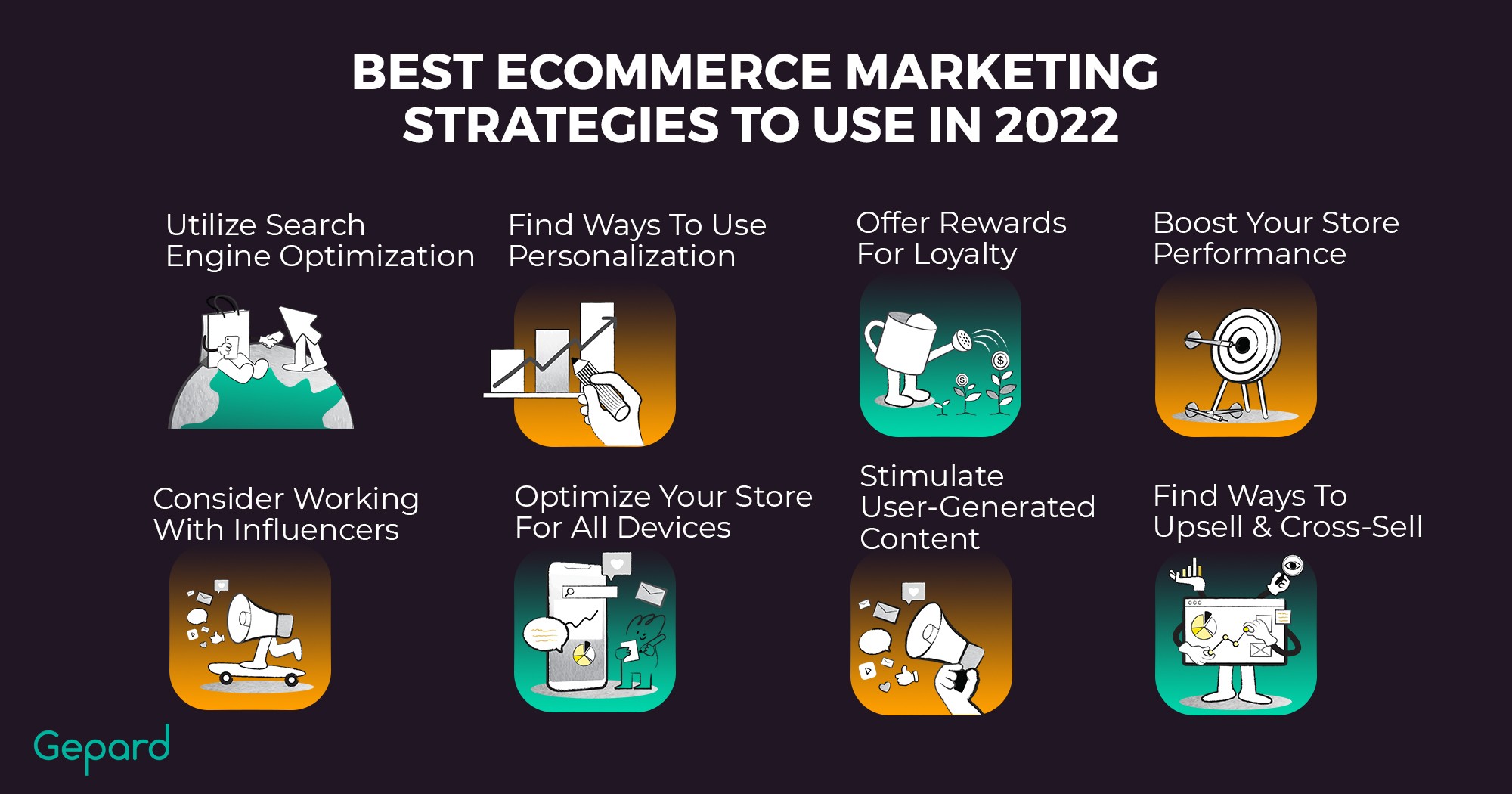
In the digital age, the allure of building a successful e-commerce business is undeniable. Imagine having a store that's open 24/7, reaching customers worldwide, and scaling your business success without the constraints of physical boundaries. Sounds like a dream, right? Well, it's a dream that can become a reality with the right strategies and a bit of elbow grease. Let's dive into the essential steps to build a thriving e-commerce business.
Understanding the E-commerce Landscape
Before you embark on your e-commerce journey, it's crucial to understand the landscape. E-commerce is more than just selling products online; it's about creating a seamless, engaging, and trustworthy experience for your customers. According to Statista, global e-commerce sales are projected to reach $6.54 trillion by 2023. This staggering figure underscores the immense potential and competition in the online business world.
Choosing the Right E-commerce Platform
Selecting the right e-commerce platform is akin to choosing the foundation for your house. It needs to be robust, scalable, and user-friendly. Platforms like Shopify, WooCommerce, and Magento are popular choices, each with its unique strengths. Shopify, for instance, is known for its ease of use and extensive app ecosystem, while WooCommerce offers unparalleled customization options.

Developing a Solid E-commerce Strategy
A well-thought-out e-commerce strategy is your roadmap to success. It involves understanding your target audience, defining your unique value proposition, and planning your marketing and sales tactics. Think of it as your blueprint for building a successful online business.
Understanding Your Target Audience
Knowing your customers is the cornerstone of any successful business. Who are they? What do they need? How can you solve their problems? Tools like Google Analytics and social media insights can provide valuable data to help you understand your audience better.
Defining Your Unique Value Proposition
What sets your business apart from the competition? Your unique value proposition (UVP) is the secret sauce that makes customers choose you over others. It could be exceptional customer service, unique products, or competitive pricing. Whatever it is, make sure it's clear and compelling.
Planning Your Marketing and Sales Tactics
From SEO and content marketing to social media and email campaigns, your marketing strategy should be multifaceted. Utilize tools like Google Ads and Facebook Ads to reach a broader audience. Remember, the goal is not just to attract visitors but to convert them into paying customers.
Building a User-Friendly Website
Your website is the face of your e-commerce business. It needs to be visually appealing, easy to navigate, and optimized for mobile devices. A cluttered or slow-loading website can drive customers away faster than you can say "abandoned cart."
Optimizing for Mobile
With more than half of all internet traffic coming from mobile devices, having a mobile-friendly website is non-negotiable. Ensure your site is responsive and loads quickly on all devices.
Enhancing User Experience
User experience (UX) is all about making your website intuitive and enjoyable to use. Simple navigation, clear calls-to-action, and high-quality images can significantly enhance the user experience.
Implementing Effective E-commerce Growth Strategies
Growth doesn't happen overnight. It requires consistent effort and smart strategies. Here are a few tactics to fuel your e-commerce growth:
Leveraging Social Media
Social media platforms like Instagram, Facebook, and Pinterest are powerful tools for driving traffic and sales. Engage with your audience, share user-generated content, and run targeted ads to boost your visibility.
Utilizing Email Marketing
Email marketing is a cost-effective way to nurture customer relationships and drive repeat purchases. Use personalized emails, segment your audience, and offer exclusive deals to keep your customers engaged.
Offering Exceptional Customer Service
Exceptional customer service can turn one-time buyers into loyal customers. Respond promptly to inquiries, resolve issues efficiently, and go the extra mile to make your customers feel valued.

Measuring and Analyzing Business Success
Data is your best friend in the e-commerce world. It helps you understand what's working and what's not. Use analytics tools to track key performance indicators (KPIs) like conversion rates, customer lifetime value, and average order value.
Using Analytics Tools
Tools like Google Analytics and Hotjar can provide valuable insights into your website's performance. Use this data to make informed decisions and optimize your strategies.
Tracking Key Performance Indicators
KPIs are the metrics that matter most to your business. Regularly tracking and analyzing these indicators can help you identify areas for improvement and opportunities for growth.
Conclusion
Building a successful e-commerce business is a journey filled with challenges and rewards. By choosing the right platform, developing a solid strategy, building a user-friendly website, implementing effective growth tactics, and measuring your success, you can turn your online business dreams into reality.
Remember, success in e-commerce is not a destination but a continuous process of learning, adapting, and improving. So, are you ready to embark on this exciting journey? The world of e-commerce awaits, and with the right strategies, your business can thrive.
FAQs
What are the key elements of a successful e-commerce strategy? A successful e-commerce strategy includes understanding your target audience, defining your unique value proposition, and planning your marketing and sales tactics.
How important is a mobile-friendly website for e-commerce? Extremely important. With more than half of all internet traffic coming from mobile devices, having a mobile-friendly website is crucial for attracting and retaining customers.
What are some effective e-commerce growth strategies? Effective growth strategies include leveraging social media, utilizing email marketing, and offering exceptional customer service.
How can I measure the success of my e-commerce business? You can measure success by tracking key performance indicators (KPIs) such as conversion rates, customer lifetime value, and average order value using analytics tools.
What should I consider when choosing an e-commerce platform? Consider factors like ease of use, scalability, customization options, and the platform's app ecosystem when choosing an e-commerce platform.
Posting Komentar